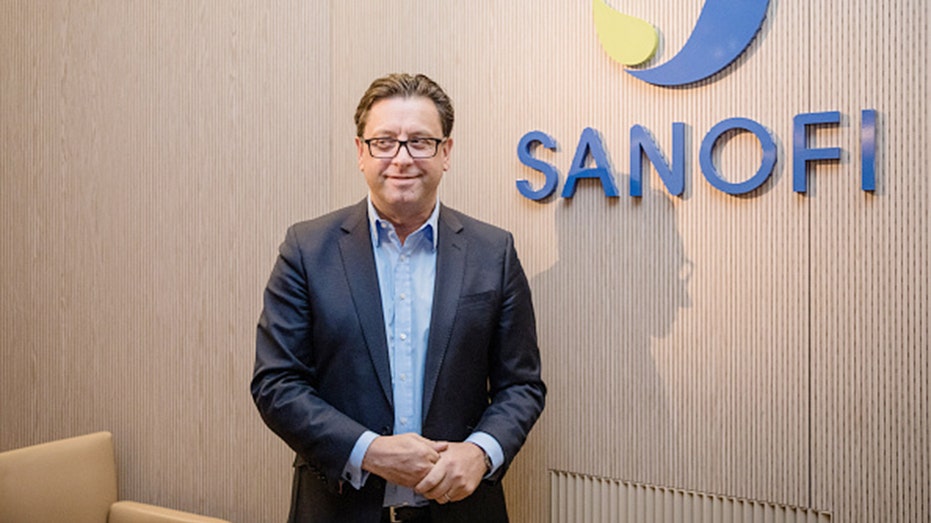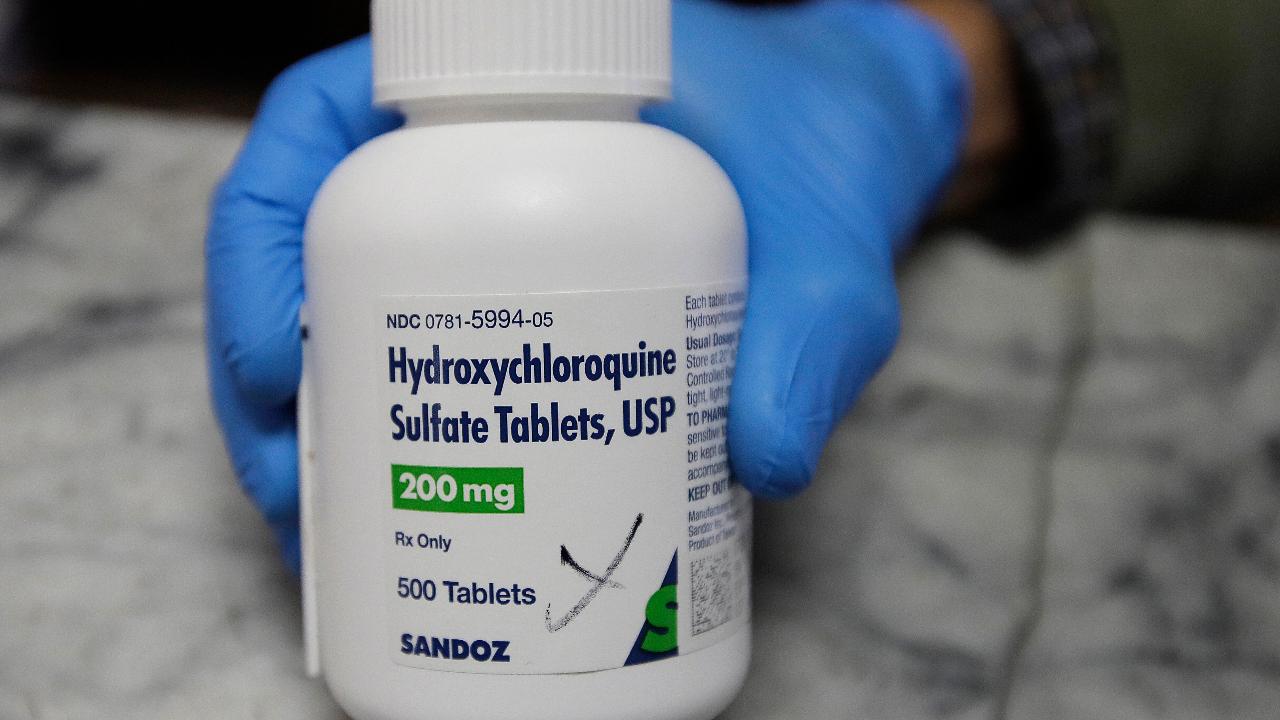Sanofi CEO on possible coronavirus treatment hydroxychloroquine: 'Everybody gets access' if effective
Studies are underway in New York and across Europe to see whether the treatment works
Get all the latest news on coronavirus and more delivered daily to your inbox. Sign up here.
Sanofi CEO Paul Hudson said Wednesday that the French drugmaker is working to ensure "everybody" has access to hydroxychloroquine, the anti-malaria drug that has been discussed as a potential treatment for the novel coronavirus, if it's proven to be an effective measure.
"On hydroxychloroquine, you know, we give it away free. It's our plan to make sure that we bring it, if it's proven to be correct, that everybody gets access to it," Hudson told FOX Business' Maria Bartiromo. "And I think not just us, but other makers as well should try and do their best to make sure nothing stops patients that need getting these medicines. We'll wait and see what the evidence is. It's just around the corner. Then we'll know definitively."
Sanofi produces a brand-named version of hydroxychloroquine called Plaquenil.
NEW CORONAVIRUS TEST DELIVERS RESULTS WITHIN 15 MINUTES
Hudson said studies are underway on its rheumatoid arthritis drug Kevzara and hydroxychloroquine, at Mount Sinai Hospital in New York City, Northwell Health in Long Island, New York, and across Europe to get evidence to show how the treatments work.

Hudson, chief executive officer of Sanofi, arrives for the company's annual earnings news conference in Paris on Feb. 6, 2020. (Marlene Awaad/Bloomberg via Getty Images)
Some medical professionals have expressed concerns about giving hydroxychloroquine to patients with existing heart conditions, due to the potentially deadly side effects. Dr. Michael Ackerman, a genetic cardiologist and director of the Mayo Clinic's Windland Smith Rice Genetic Heart Rhythm Clinic, issued guidance to physicians in March warning of the risks associated with the medication.
"Correctly identifying which patients are most susceptible to this unwanted, tragic side effect and knowing how to safely use these medications is important in neutralizing this threat," Ackerman wrote.
GET FOX BUSINESS ON THE GO BY CLICKING HERE
But Hudson is hopeful to have more answers soon.
"These medicines have been approved for different illnesses a number of years ago, so they're well understood and characterized. What we don't know is how effective they'll be tackling COVID-19 -- that's why we do the clinical studies. That's what we do. We prove that the risk-benefit is worthwhile and we hope within a week or two to have that evidence," he said.




















